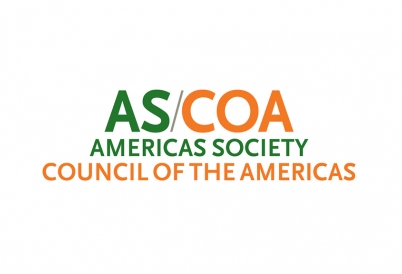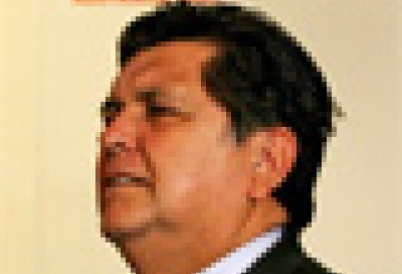Ensuring that students have access to computers and the skills to use them will make Uruguay the most wired country in the world, writes President Tabaré Vázquez. This feature article appears in the Winter 2009 issue of Americas Quarterly, which examines connectivity and the digital divide. For more information, visit www.americasquarterly.org.
Hernán Galperín, Denise Dresser, Rebeca Grynspan, Jorge Castañeda, and Jonathan Zittrain discuss how to close the digital divide.
By acting in concert, we can help alleviate the pressures on the economies and societies of the world’s poorest nations. That will not only help to minimize a growing global crisis, but also reduce the risks that food scarcity, poverty and energy shortages pose to the elected governments of the hemisphere. Read the full article in the Fall 2008 issue of Americas Quarterly.
In an AS/COA interview, Brazilian CEO Jair Ribeiro discusses Partners in Education, a program targeting one of Brazil’s most pressing issues—the quality of education. Through the program’s model, business leaders adopt and boost management of individual schools in the São Paulo area.
Some of the region's most progressive laws have been passed in Argentina and Mexico, but the struggle for gay rights in Latin America is an uphill climb.
In a new article for Poder, COA Vice President Eric Farnsworth examines economic reform in Peru. As the country achieves investment grade, President Alan Garcia seeks to build on the recently approved free-trade agreement with the United States, "ensuring the benefits reach as many people as quickly as possible."
Pablo Bachelet reviews a personal and moving account by Steve Reifenberg of his time in Chile during the Pinochet years.










